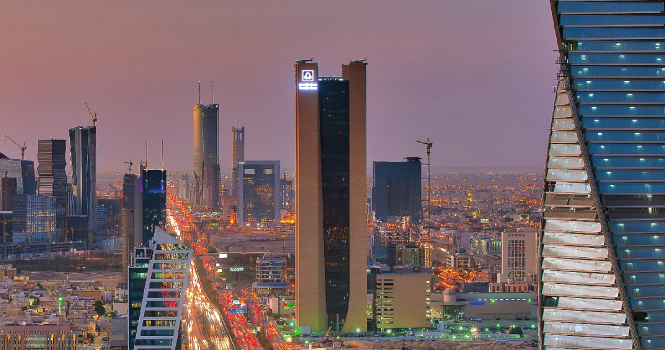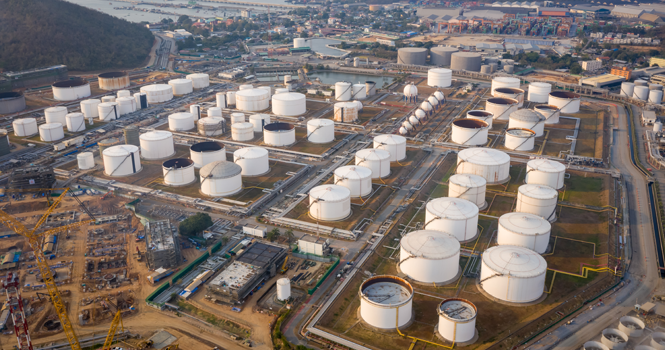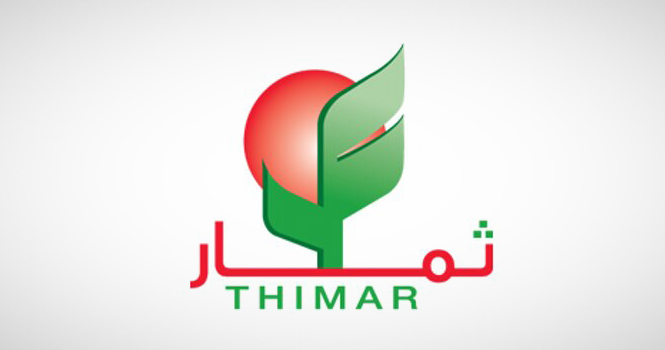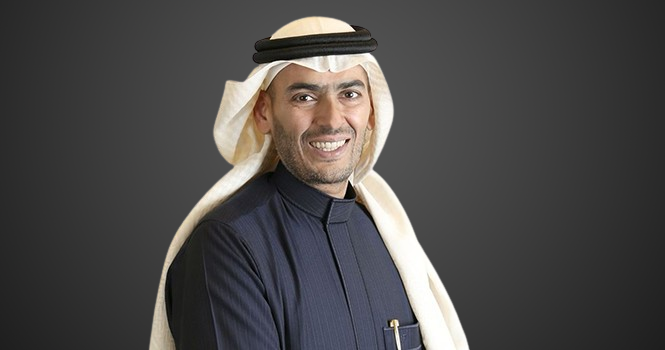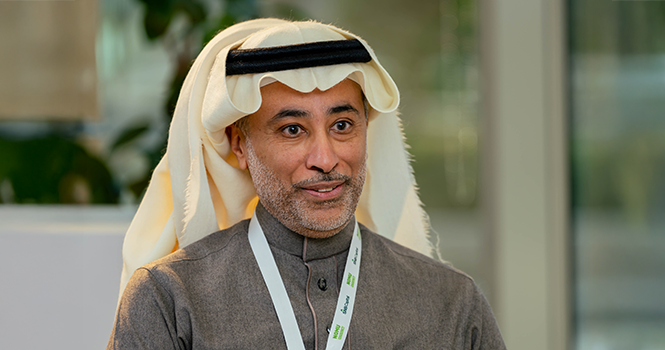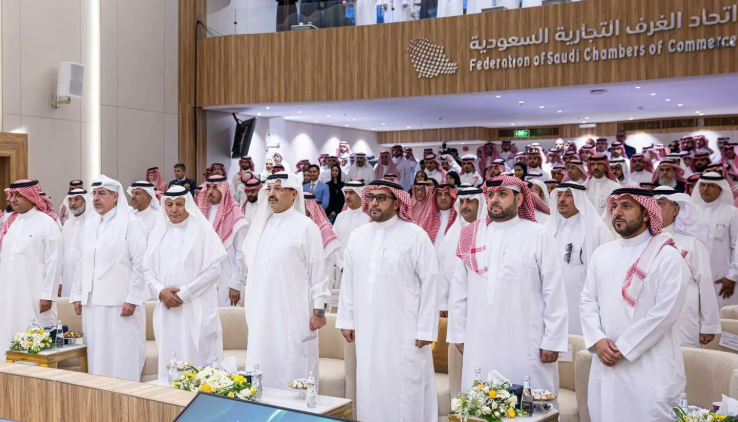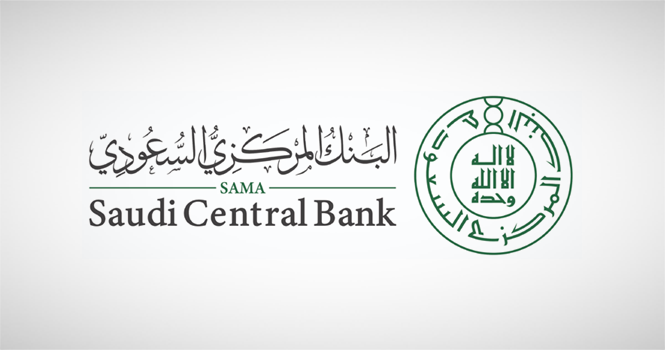Riyadh city
Al Rajhi Capital said, in a report that the latest developments in Saudi Arabia’s real estate sector will likely have a positive impact on the market in the medium to long term, expecting these initiatives to curb speculative pricing and artificially inflated prices in certain areas of Riyadh, thereby strengthening purchasing power.
The recent series of directives and regulations aim to enhance the balance between supply and demand in the Saudi real estate sector — particularly in Riyadh, which remains a key hub for diversifying the Kingdom’s economic activities and continues to witness strong economic growth, the research firm stated.
It indicated that the main drivers supporting real estate development in Riyadh include the growing population, the Regional Headquarters Program, global events (such as hosting Expo 2030 and the 2034 World Cup), and major projects (including King Salman Park, Diriyah Gate, and the New Murabba Project). It added that residential real estate prices in Riyadh have surged compared to other geographic areas such as Jeddah and Dammam.
The report noted that real estate activity declined in Q2 2025 by 22% year-on-year and 41% quarter-on-quarter, marking its lowest level over the past nine quarters. “This decline was mainly attributed to investors and individuals in the sector waiting for greater clarity on the implications of the new regulations and their consequences,” it said.
Moreover, some investors holding large plots of land are expected to cooperate with real estate development funds to accelerate land development and avoid delay fees. Also, the potential interest rate cut this month is also expected to positively support demand recovery.
The report highlighted that the main companies and sectors expected to leverage the recent reforms include real estate developers which will play a central role, as well as companies operating in building materials, cement, and construction-related activities, in addition to banks, mortgage finance companies, and real estate development funds.
Al Rajhi Capital further expects that upcoming steps in the sector will include allowing foreign ownership of real estate, with the Real Estate General Authority designating the approved areas. It also expects the issuance of regulations on vacant properties within a year of publishing the law, as well as new rules for the rental market, including setting a cap on annual rent increases.
Riyadh city
Al Rajhi Capital said, in a report that the latest developments in Saudi Arabia’s real estate sector will likely have a positive impact on the market in the medium to long term, expecting these initiatives to curb speculative pricing and artificially inflated prices in certain areas of Riyadh, thereby strengthening purchasing power.
The recent series of directives and regulations aim to enhance the balance between supply and demand in the Saudi real estate sector — particularly in Riyadh, which remains a key hub for diversifying the Kingdom’s economic activities and continues to witness strong economic growth, the research firm stated.
It indicated that the main drivers supporting real estate development in Riyadh include the growing population, the Regional Headquarters Program, global events (such as hosting Expo 2030 and the 2034 World Cup), and major projects (including King Salman Park, Diriyah Gate, and the New Murabba Project). It added that residential real estate prices in Riyadh have surged compared to other geographic areas such as Jeddah and Dammam.
The report noted that real estate activity declined in Q2 2025 by 22% year-on-year and 41% quarter-on-quarter, marking its lowest level over the past nine quarters. “This decline was mainly attributed to investors and individuals in the sector waiting for greater clarity on the implications of the new regulations and their consequences,” it said.
Moreover, some investors holding large plots of land are expected to cooperate with real estate development funds to accelerate land development and avoid delay fees. Also, the potential interest rate cut this month is also expected to positively support demand recovery.
The report highlighted that the main companies and sectors expected to leverage the recent reforms include real estate developers which will play a central role, as well as companies operating in building materials, cement, and construction-related activities, in addition to banks, mortgage finance companies, and real estate development funds.
Al Rajhi Capital further expects that upcoming steps in the sector will include allowing foreign ownership of real estate, with the Real Estate General Authority designating the approved areas. It also expects the issuance of regulations on vacant properties within a year of publishing the law, as well as new rules for the rental market, including setting a cap on annual rent increases.
